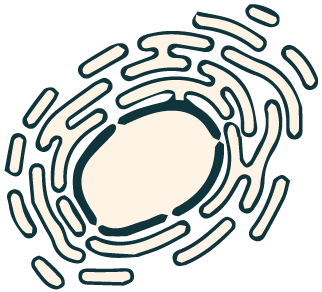This website uses cookies to ensure you get the best experience on our website.
- Table of Contents
Facts about Protein kinase C iota type.

In cultured neurons, prevents amyloid beta protein-induced apoptosis by disrupting cell death process at a really early step. Can form a protein complex in non- small cell lung cancer (NSCLC) cells with PARD6A and ECT2 and regulate ECT2 oncogenic activity by phosphorylation, which in turn promotes transformed invasion and growth.
| Human | |
|---|---|
| Gene Name: | PRKCI |
| Uniprot: | P41743 |
| Entrez: | 5584 |

| Belongs to: |
|---|
| protein kinase superfamily |

aPKC-lambda/iota; Atypical protein kinase C-lambda/iota; DXS1179E; EC 2.7.11; EC 2.7.11.13; MGC26534; nPKC-iota; PKCI; PRKC-lambda/iota; protein kinase C iota type; protein kinase C, iota
Mass (kDA):
68.262 kDA

| Human | |
|---|---|
| Location: | 3q26.2 |
| Sequence: | 3; NC_000003.12 (170222424..170305981) |
Predominantly expressed in lung and brain, but also expressed at lower levels in many tissues including pancreatic islets. Highly expressed in non-small cell lung cancers.
Cytoplasm. Membrane. Endosome. Nucleus. Transported into the endosome through interaction with SQSTM1/p62. After phosphorylation by SRC, transported into the nucleus through interaction with KPNB1. Colocalizes with CDK7 in the cytoplasm and nucleus. Transported to vesicular tubular clusters (VTCs) through interaction with RAB2A.






PMID: 8226978 by Selbie L.A., et al. Molecular cloning and characterization of PKC iota, an atypical isoform of protein kinase C derived from insulin-secreting cells.
PMID: 7607695 by Mazzarella R., et al. Human protein kinase C iota gene (PRKCI) is closely linked to the BTK gene in Xq21.3.